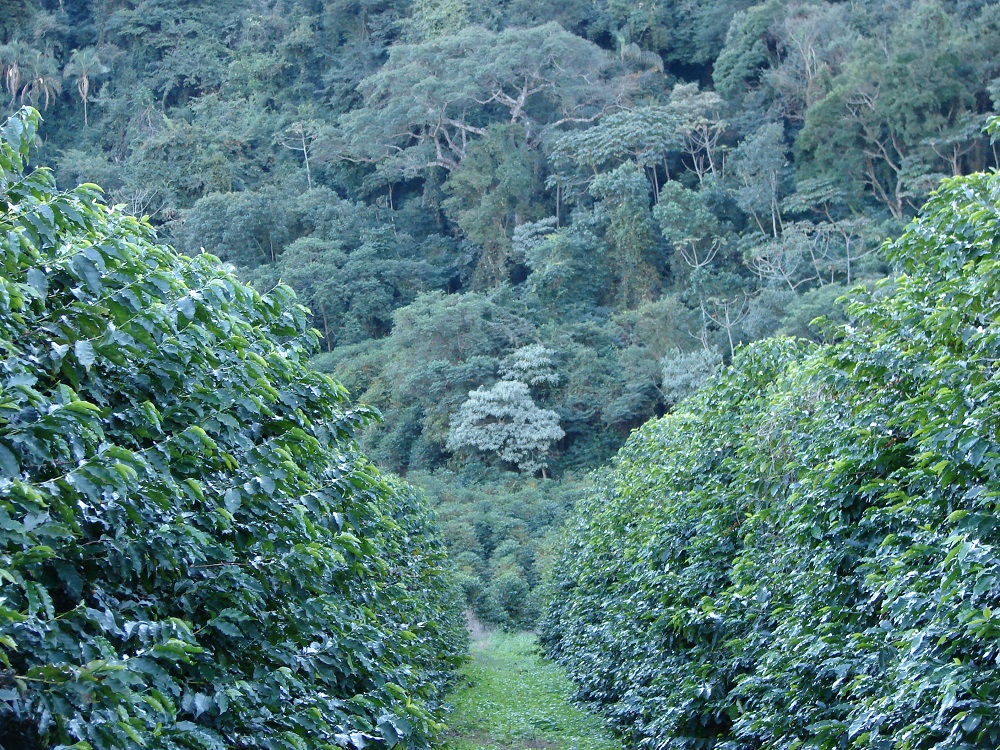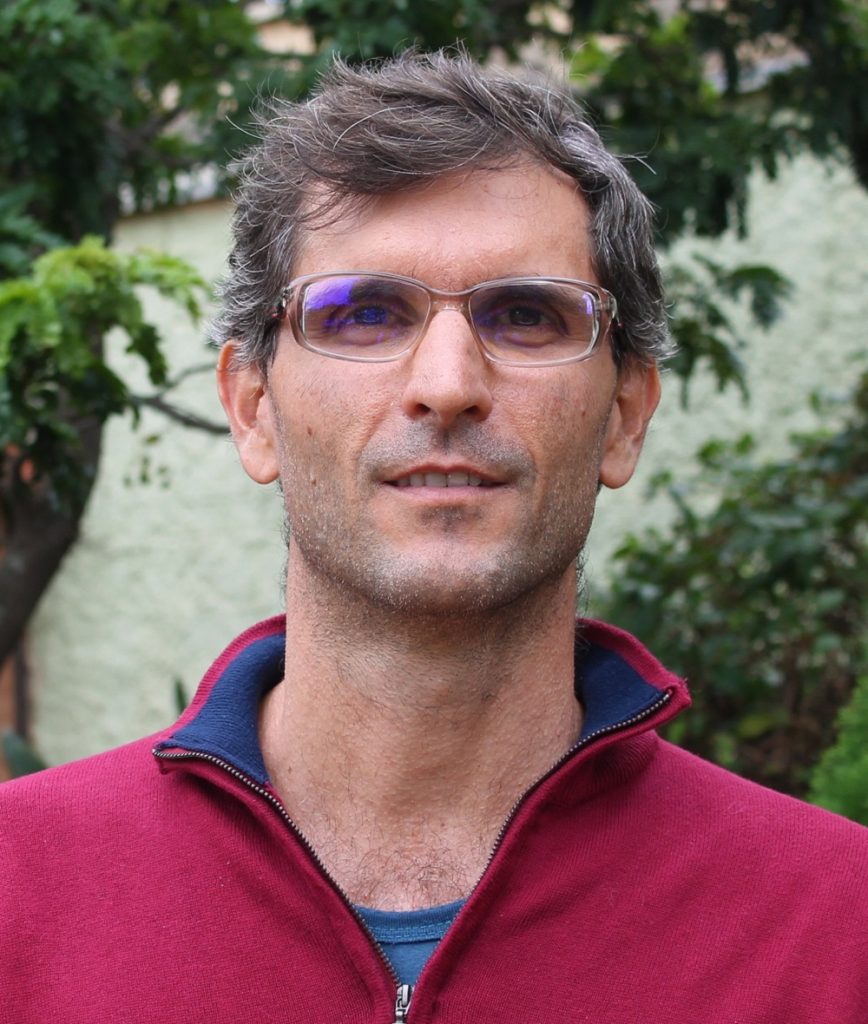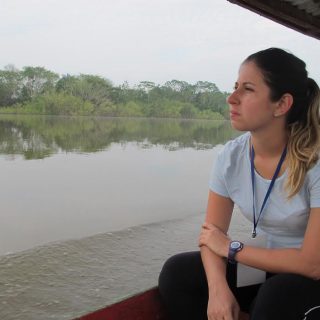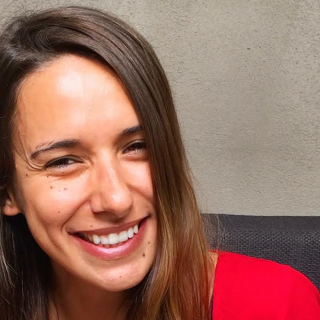In order to change the world, one must break with established paradigms, find the opportunities within problems and, most importantly, make things happen. These principles have guided the career of agronomist Luis Fernando Guedes. His father, also an agronomist, and co-founder of the Brazilian Agricultural Research Corporation (Embrapa), introduced Guedes to the idea of social justice, while his sociologist mother taught him to love nature. Guedes found in agriculture the economic activity that, as he says, can turn the world around. “It offers nourishment, energy, fiber – clothes, fuel, food,” the manager of agricultural certification at Imaflora (Forestry and Agricultural Management and Certification Institute) explains excitedly, “and we can do all of this well while still contributing to the preservation of our biodiversity, our waters, improving people’s quality of life. Agriculture has huge potential, and my mission is to turn it into a vector for justice, development, conservation.”
Betting on this idea, Guedes and Imaflora team created the Brazil’s first social and environmental certificate for the agricultural industry, in order to differentiate goods produced through beneficial and sustainable agricultural practices from those whose production processes were damaging to the environment.
“We started off with sugar cane, in 1998, in a very Brazilian initiative, but aiming for a certificate that could be recognized around the world. We were successful in creating a certification organization for cane, which became a model, and ended up participating in the creation of the Sustainable Agriculture Network, which today is associated with the Rainforest Alliance Certified stamp. There are products from everywhere in the world certified by this stamp that we helped create,” Guedes says proudly.

A certified coffee farm in the state of Minas Gerais (Luis Fernando Guedes/Personal Archive)
His groundbreaking idea anticipated the trend of certification as a transformational practice in the agricultural sector. “We introduced a new conservation agenda, with the restoration of biodiversity, the adequate use of chemicals, with safety and well-being for the workers, but under a format that had never been used, totally new, through a certification system, a stamp, a guideline, a standard of sustainability tied to the chain of production, from the producer to the consumer, with more transparency and added value.”
Explained in this way, it sounds like a simple process. But, in fact, it took years for this system to start working: from 1998, when the first standard of agricultural certification was created, to 2003, when the first coffee farm was certified in Brazil. And, of course, introducing a market instrument to a sector as conservative as farming met with resistance. “It took a long time to get a clear signal from the market that consumers would give preference to a certified product. And, at the base, we had to convince the first producers that this idea would work,” explains Luis Fernando. “Then we had to convince businesses that it was important to buy certified products because it would set them apart in terms of sustainability policies.”
To make sure any type of farmer could participate, not only large farms or companies, a group certification process for small farmers was developed. Through this process, indigenous communities, riverside villages, rubber tappers and others who would otherwise find the initial certification costs to be prohibitive, can be supported through the certification process and gain access to the training offered by Imaflora. Five percent of the proceeds coming from the certification provided to corporate clients goes into a social fund that subsidizes the certification of these small landowners and other community projects. Today, these subsidized groups represent 44 percent of the areas certified by Imaflora.
After certifying over 700 farms in Brazil and Argentina (covering 261,269 hectares), Luis Fernando is sharing these successful models in order to influence an even greater number of farmers and turn sustainable agricultural practices into standard practice. And, hoping to stop large-scale deforestation in the country, he is implementing a strategy to influence the main corporate and government decision makers.
“Farming has the potential to change the world. There is no great technological challenge, no barrier, that we cannot overcome. It’s a question of everyone understanding and making a commitment.
And Imaflora acts on many fronts to make this change happen: certification, bringing transparency, creating information and intelligence,” explains Luis Fernando. “From my academic, technical and scientific understanding, I know it’s possible to make this dream come true. It depends on an army of people working toward this, and I am one of the soldiers in this army.”
Luis Fernando Guedes is an Ashoka fellow. Ashoka is a worldwide organization present in 84 countries and leads a movement in which any individual can be responsible for positive social transformation.





